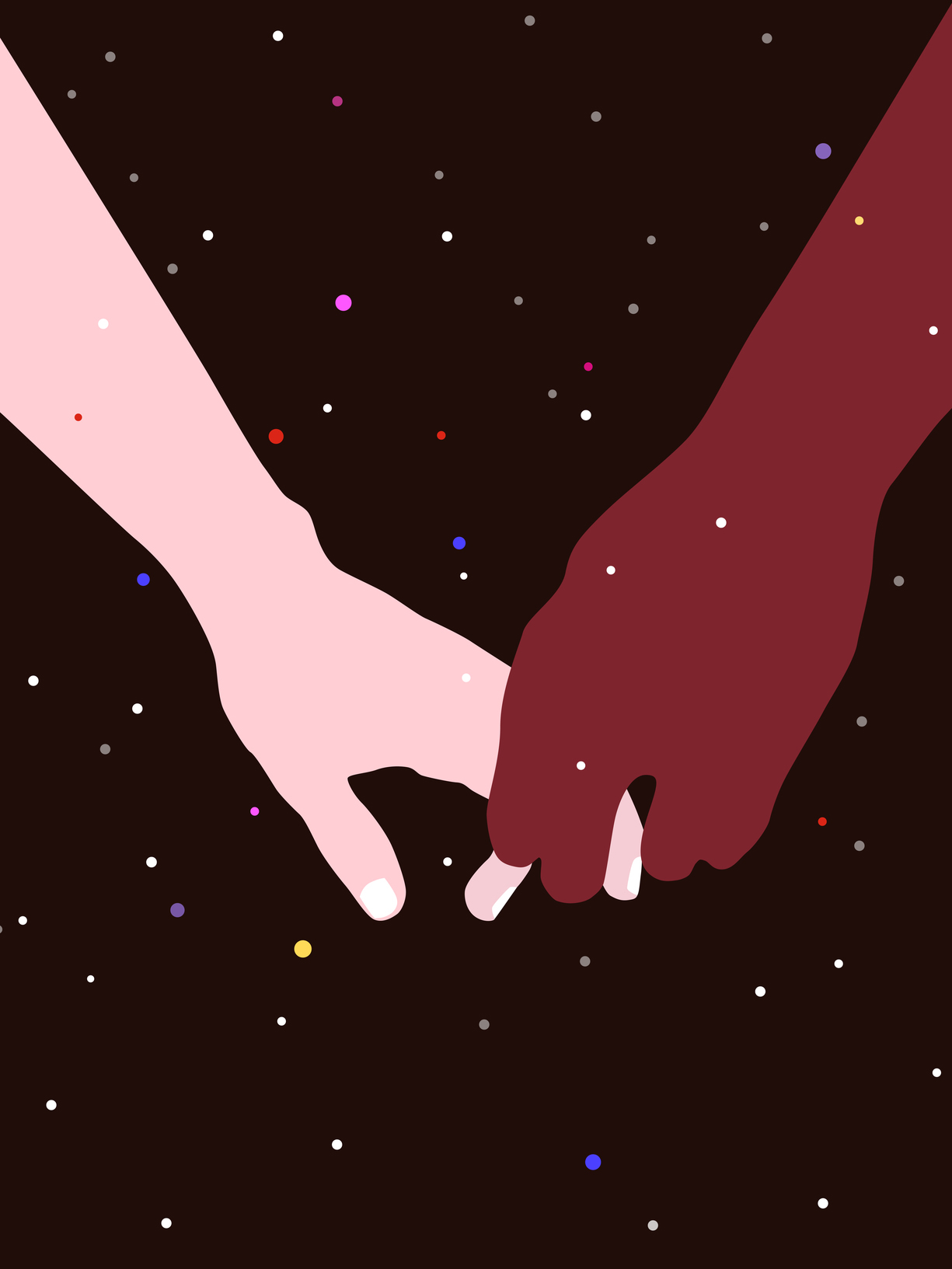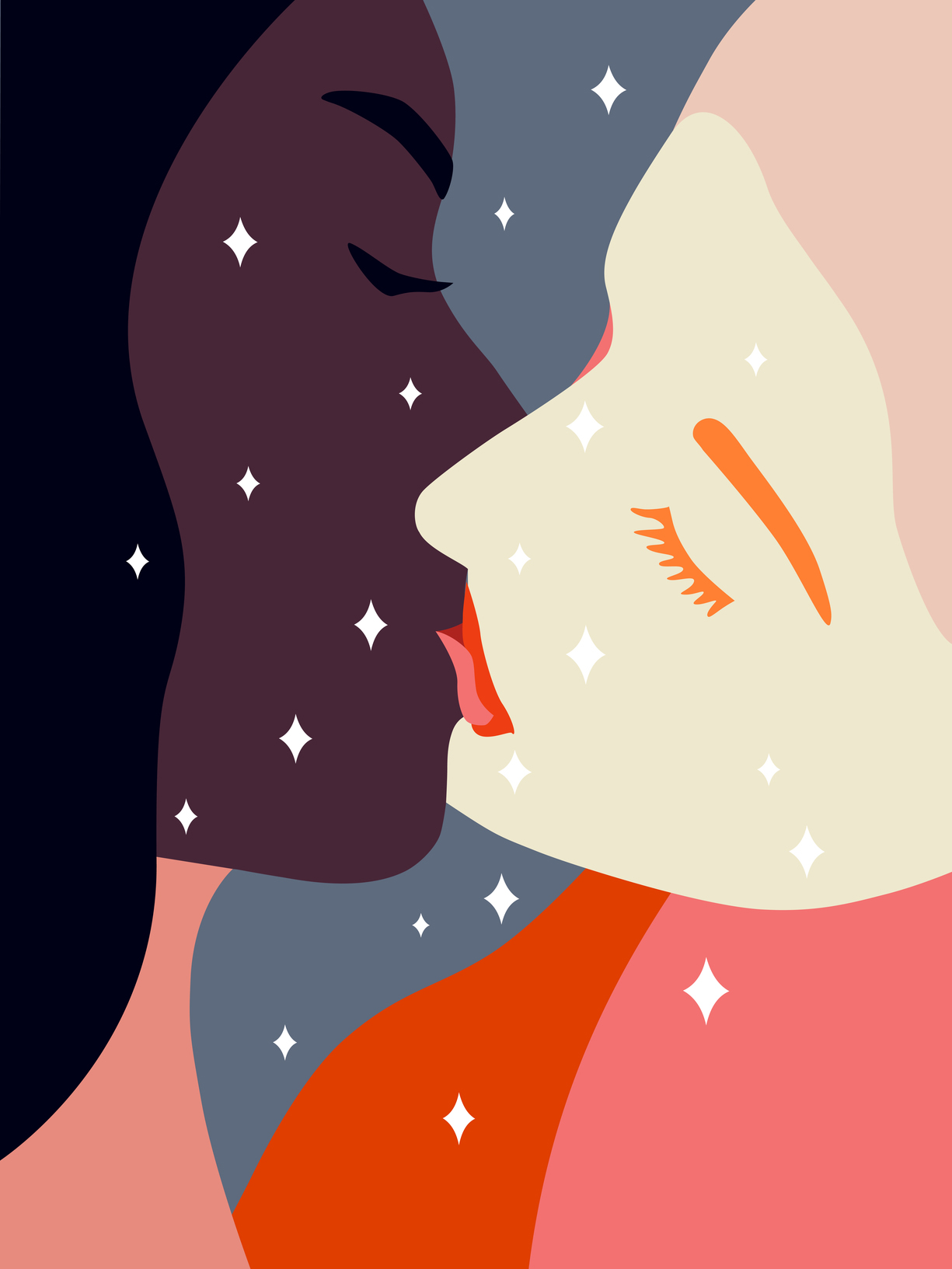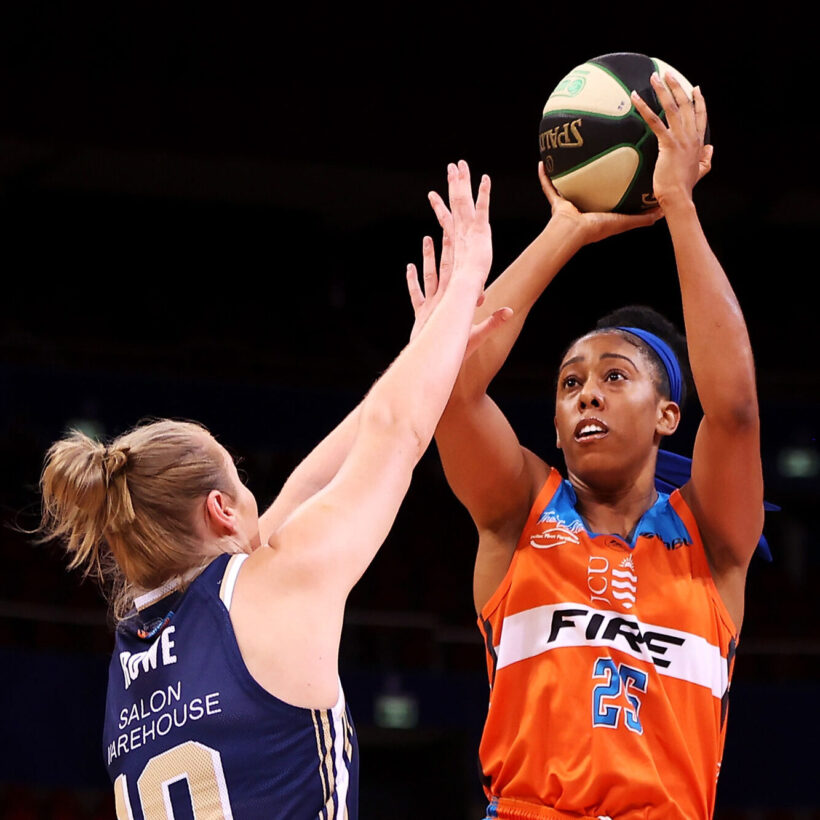Imagine a comprehensive learning environment where shame, stigma, guilt, and fear were removed from the core understanding of sexual education. Sexual education is something I think most individuals and institutions dread because of the taboo that still exists around sex. Talking about sex can be downright awkward and uncomfortable for people who were never taught how to have a healthy relationship with their bodies. I’m not sure what your sex ed experience was, but mine — and what I hear echoed in so many others — was extremely lacking in many areas. Depending on our race, gender, religious and cultural upbringing, socioeconomic background, and so many other identity factors, we will have various understandings of what sex is, what it means to us, and how we view sexuality as a whole.
Without doing too much of a deep dive (i.e. unpacking the many issues belonging to the US — the education system in its entirety comes to mind), I will talk about instead of my sex ed experience, its effect, and what I hope to see evolve into for future generations. First, I believe it will be helpful to give background on my identity and privileges. I am a cis white bisexual woman. I grew up in Idaho in a predominantly white and fairly conservative neighborhood. My family practiced Christianity, and I went to church at least twice a week. When my mom gave me the “talk” (my first introduction to sex education), it was centered around only having sex under the guise of marriage and to procreate aka settle down and have a family. After all, isn’t that the “duty” and “responsibility” of a woman? To bear children and take care of her family because she is assumed straight and cis and desperate to be a mom? Certainly, that is some people’s lived experience (and there is absolutely nothing wrong with that!), but the stereotypes write themselves.

The school was no better. Mandatory sex education in my state and school district was based on abstinence-only learning, meaning we were taught the only valid form of sex as if you are in a cis-het marriage. This biased form of learning excludes many crucial aspects of sexual health education. For example, there was no information about sex outside of marriage, what happens if you contract an STI or happen to get pregnant, sexual assault (much less how to report it or heal), sex for pleasure, gender identities outside of cis men and women, sexual identities outside of heterosexual couples, consent, how to communicate about sex, porn, safety around sex, how to say NO, contraception of any kind, and many more subjects that are entirely prevalent to sex in real life. All of this essentially led me to believe that I would be punished (by God, my family/society, or my own body) for acting on my sexual impulses.
It would take an entirely separate article to explain the amount of pressure and coercion regarding sex I experienced both externally (from partners, crushes, friends, friends of my parents, strangers, etc.) and internally (from my religious beliefs and perceptions of how I “should” behave.)
I felt pitted between a rock and a hard place — a feeling that persisted into my late teens and twenties, and I very obviously did not understand what a healthy relationship with sex looked like. I’m trying to say that sexuality was never celebrated (which it definitely should’ve been because sex is amazing). It took me most of my early adult years to unlearn this conditioning and relearn everything I wish I had would’ve been taught growing up. How helpful that would be! What would our relationships with sex as individuals, in relationships, and as a collective look like? How would it affect our pleasure, safety, and ability to form meaningful connections? These are but a couple of questions to keep in mind when reimagining the future of sex education. I cannot stress how important and influential these subjects are.
Here are the top three things I believe ethical sexual education should prioritize moving forward:
- Consent, consent, consent!
I wish I had known from a young age that it was necessary to prioritize my safety and security when it came to sex. This would have helped me have more agency in my interactions and relate to sex in a healthier and more pleasurable way.
Coercion and expectations to “put out” have been such a “normalized” part of sex for women and so many other marginalized identities, and it’s a wonder that none of this is ever discussed. It’s important to teach people to ask for consent and that it’s okay (more than OK!! Essential!) to say NO.
many other marginalized identities, and it’s a wonder that none of this is ever discussed. It’s important to teach people to ask for consent and that it’s okay (more than OK!! Essential!) to say NO.
Integrating any trauma awareness would also be ideal, seeing as the rates of people that are sexually assaulted or abused in their lifetime are horrifically high. - More inclusive language and education about gender, sexual identities, and STIs.
My sex education was focused solely on cis-het dynamics, and I wish I were taught that there are multiple valid ways to experience sex. People of all types of backgrounds have been hooking up with each other since the dawn of time, and quite frankly, I think we need to take a lesson or two from the Greeks about sexual fluidity. Judging others or ourselves for who we hook up with is a major no-no. As long as the trust, communication, comfortability, and respect are there — feel free to be as freaky as you want to be. (Obviously, freaky is meant to be an endearing term here <3).
Along with that, STI information does NOT need to be stigmatized or fear-based any longer than it already has been. It is literally making people hate themselves for no reason, and that is a crime against humanity. A gentler approach to STIs would result in much safer sex (physically and emotionally) and help us be more empathetic partners. We all have different lived experiences, and it’s important to have inclusive language and understanding to support that. - PLEASURE IS A PRIORITY.
My sex education did not mention anything about pleasure, especially women’s pleasure. Sex has been so distorted through the male gaze, and it’s about time we become more inclusive in our views of sexuality. Teaching folks about the importance of pleasure would help alleviate some of the pressure and anxiety we all have to perform during sex. This would inevitably help us get out of our heads and be more present in our bodies and in the moment with our partners. Not to mention — it would help close the extremely wide pleasure gap (aka the orgasm gap) that exists between cis-het couples today. Learning about pleasure can be extremely healing, especially for survivors of sexual assault. The better understanding we have of ourselves and our bodies, the better we will be able to communicate our wants, needs, and desires in our relationships (sexual or otherwise!)








